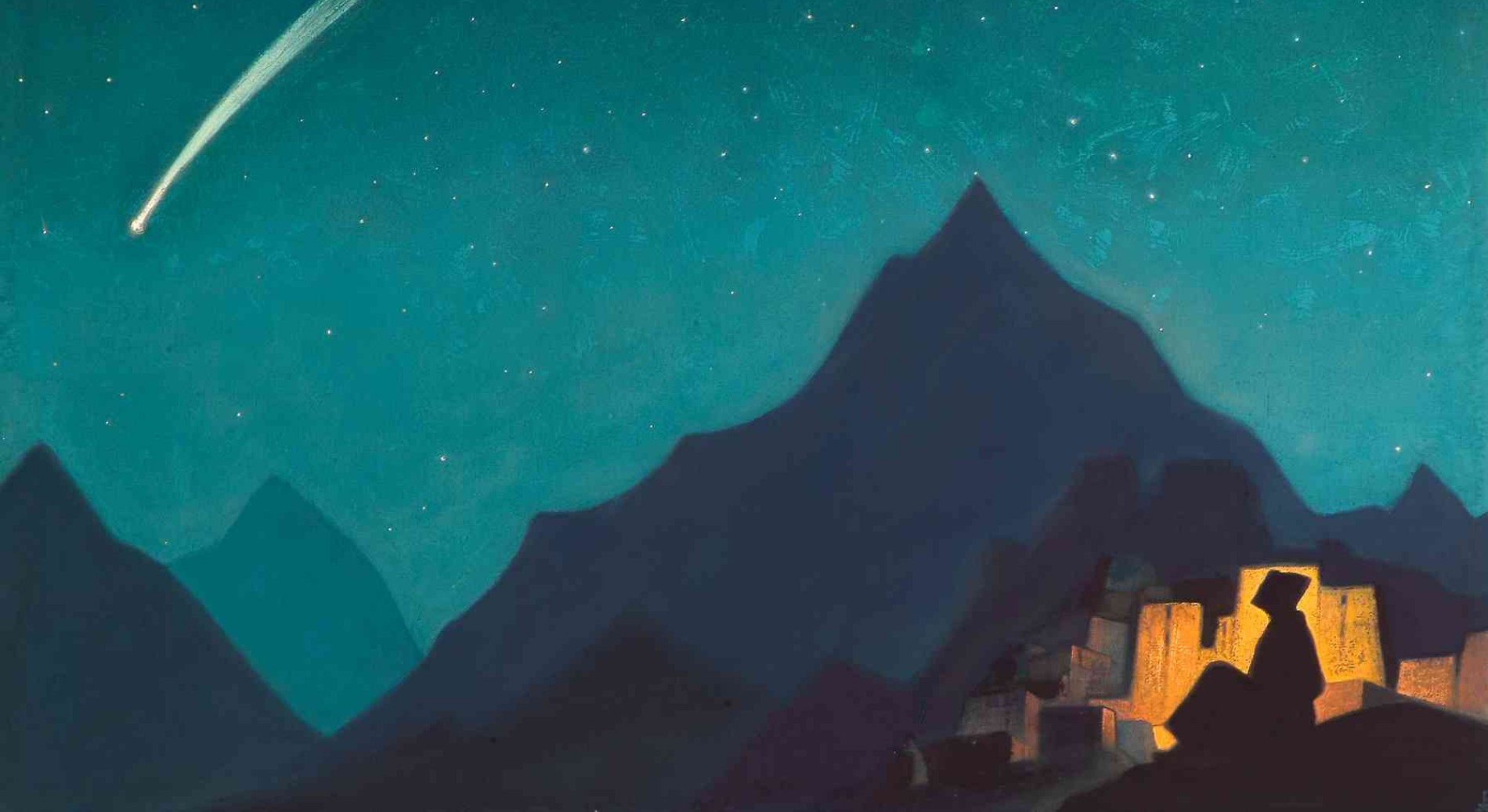ru'Nemoctlan marriage fair
In Nemoctlan, Capan, the high summer is associated with romance and creativity, mainly due to the traditional marriage fair in which young people hope to win the affections of a partner or spouse.
Inspired by tepetlactl courtship traditions, the marriage fairs are colourful, raucous events - a week of dazzing makeup and costuming against a soundscape of songs and poetry.
Tradtitionally, only young men competed, spending months - if not years - assembling a flamboyant costume and extravagant makeup, composing songs and poems, and choreographing elaborate dances. Competitors are judged by an all-female panel and the winner across the most categories is pronouced the high king of the summer season. The assembled women in the audience may present themselves to be chosen as his wife, and the couple are married at sunrise. The marriage lasts until the the next summer, whereupon both parties can choose to make it permanent or part ways with no future obligations to each other.
As the even brings together large crowds of people from remote communities, the un-crowned competitors and audience members often find spouses despite not being crowned or chosen.
In contemporary culture, the ideals of courtship have shifted from a single week of intense demonstrations to proving long-term suitability and stability, and the marriage fair has been opened up to courting couples of any age, sex, or species, and concludes with a mass marriage, though the 'first marriage' remains a feature in ru'Nemoctlani culture.
The fair is still a multi-day event, with competitions in dance, poetry, and song - expanded to include new formats, such as the popular 'poet battle' which tests wit and improvisation, as well as traditional recitals that prioritise memory and interpretation. A king of summer is still appointed by a jury, though the title is usually gender-agnostic, and confers the honour of standing at the altar during the mass marriage instead of being the sole focus of the fair.
Remove these ads. Join the Worldbuilders Guild



Comments